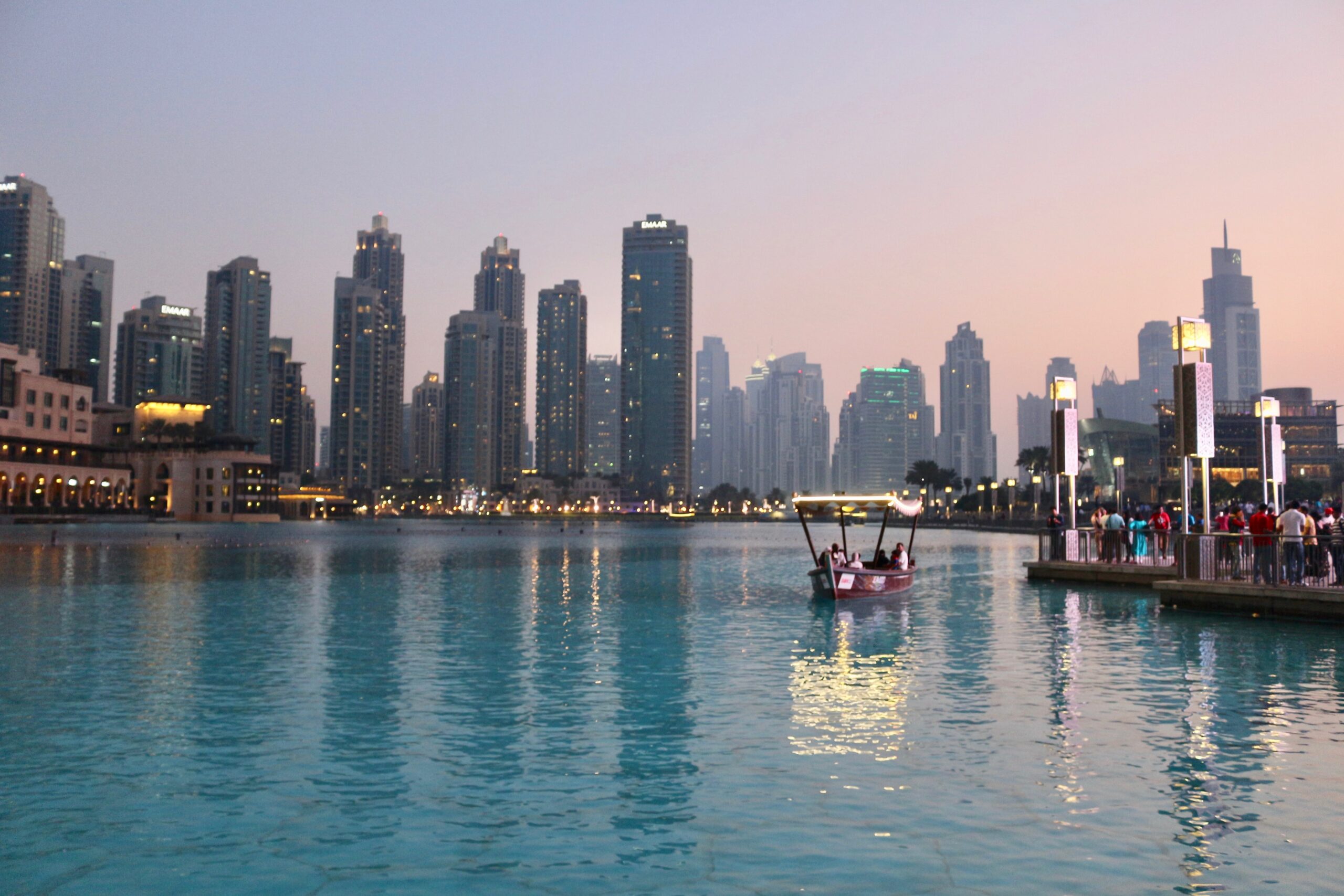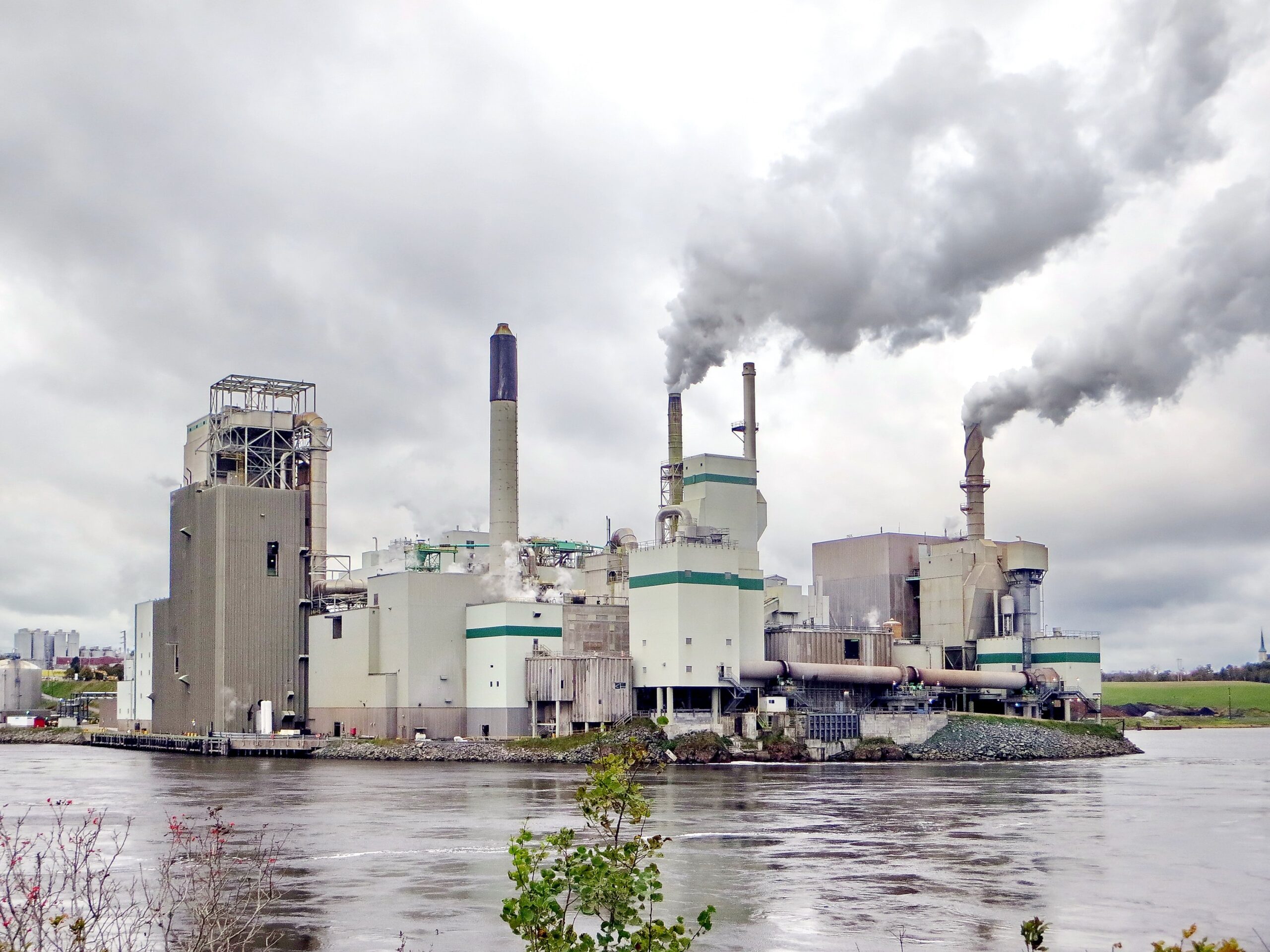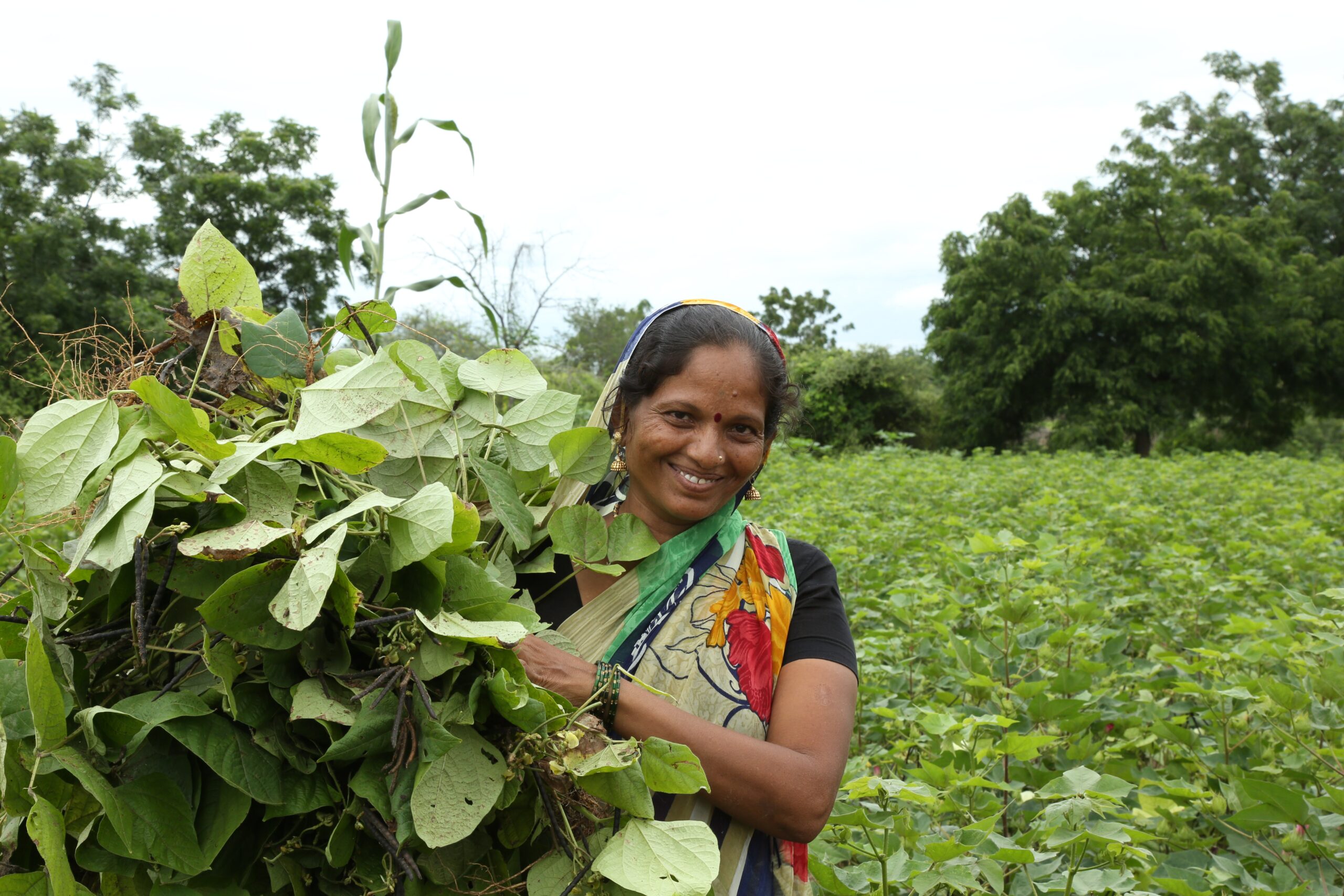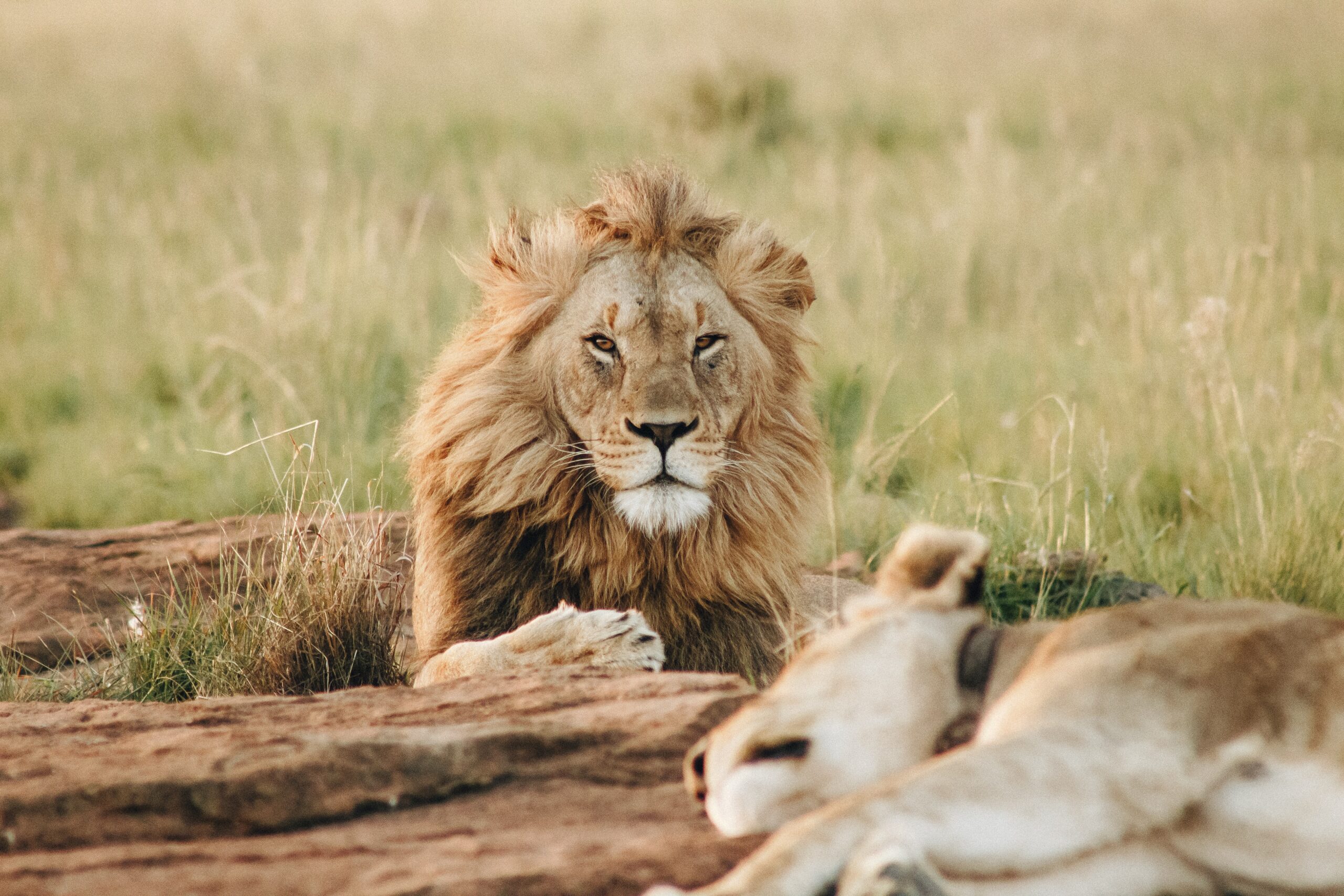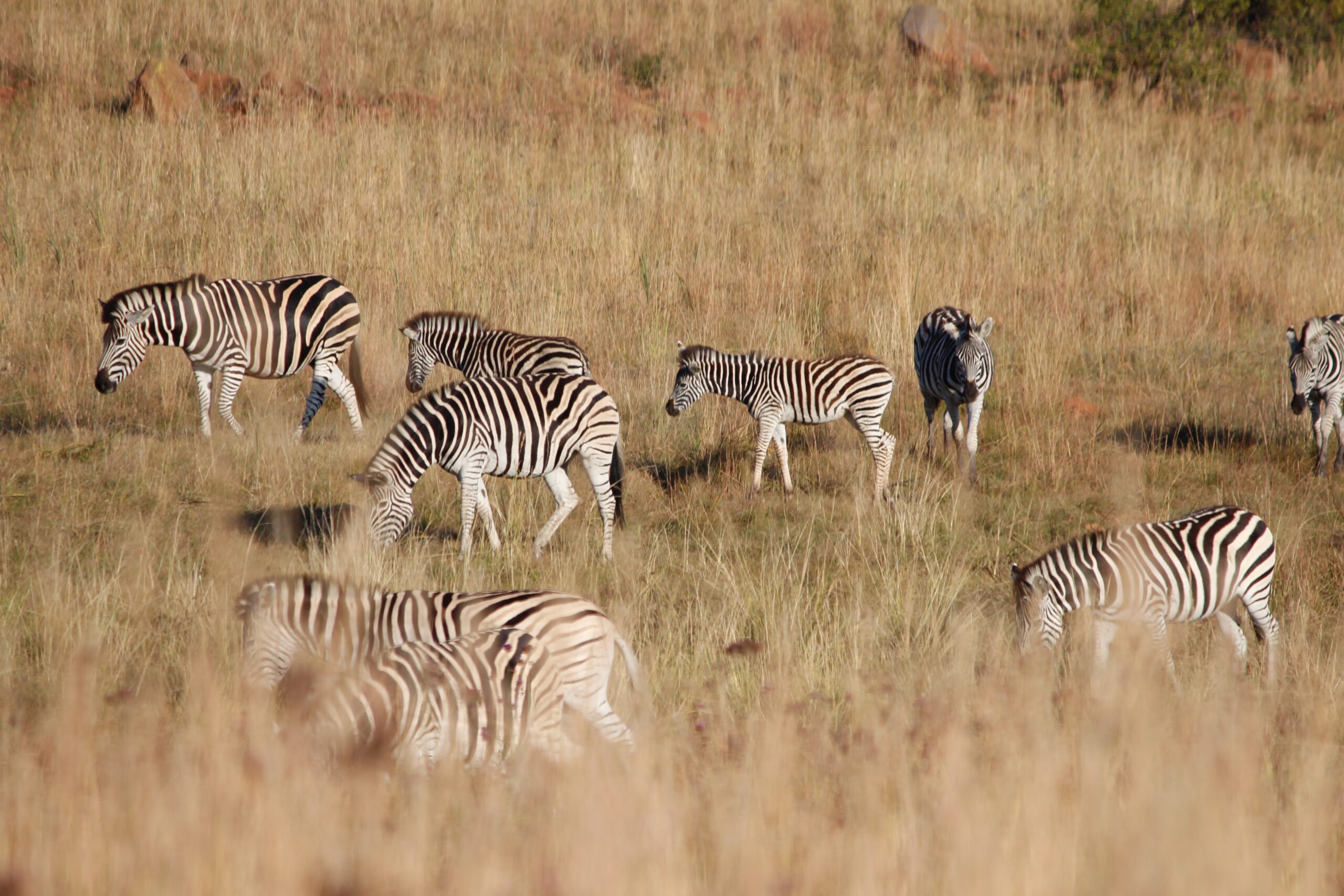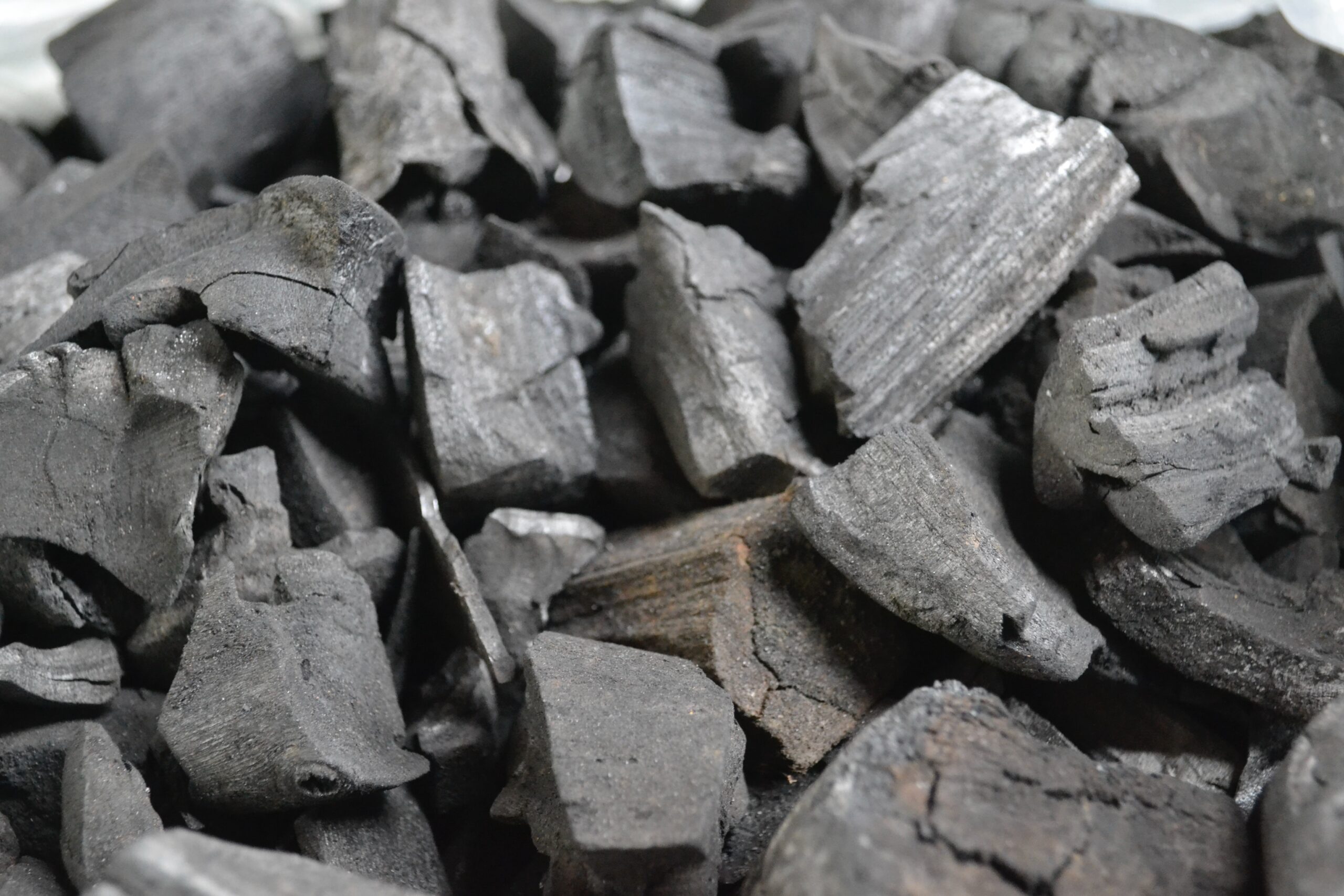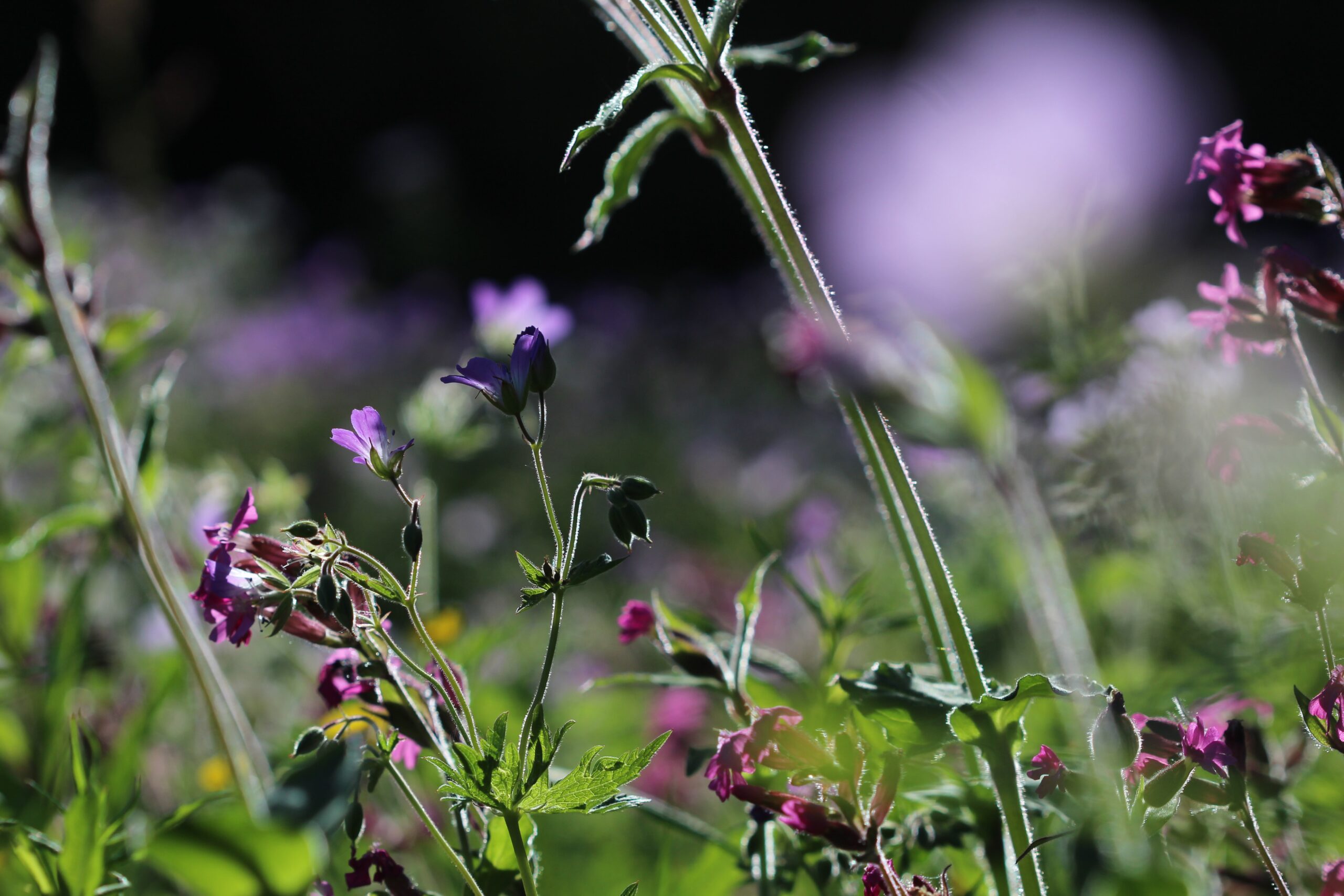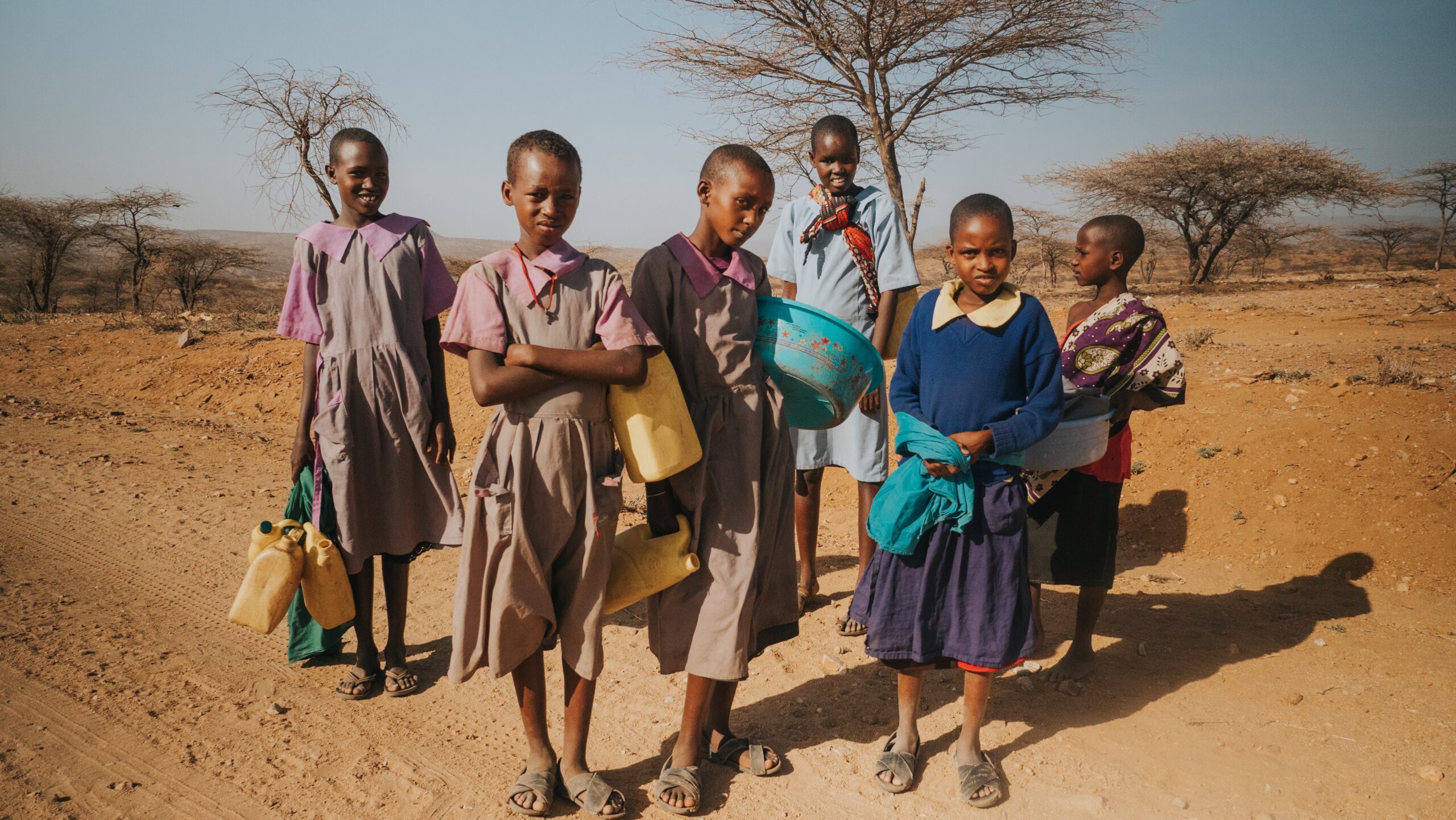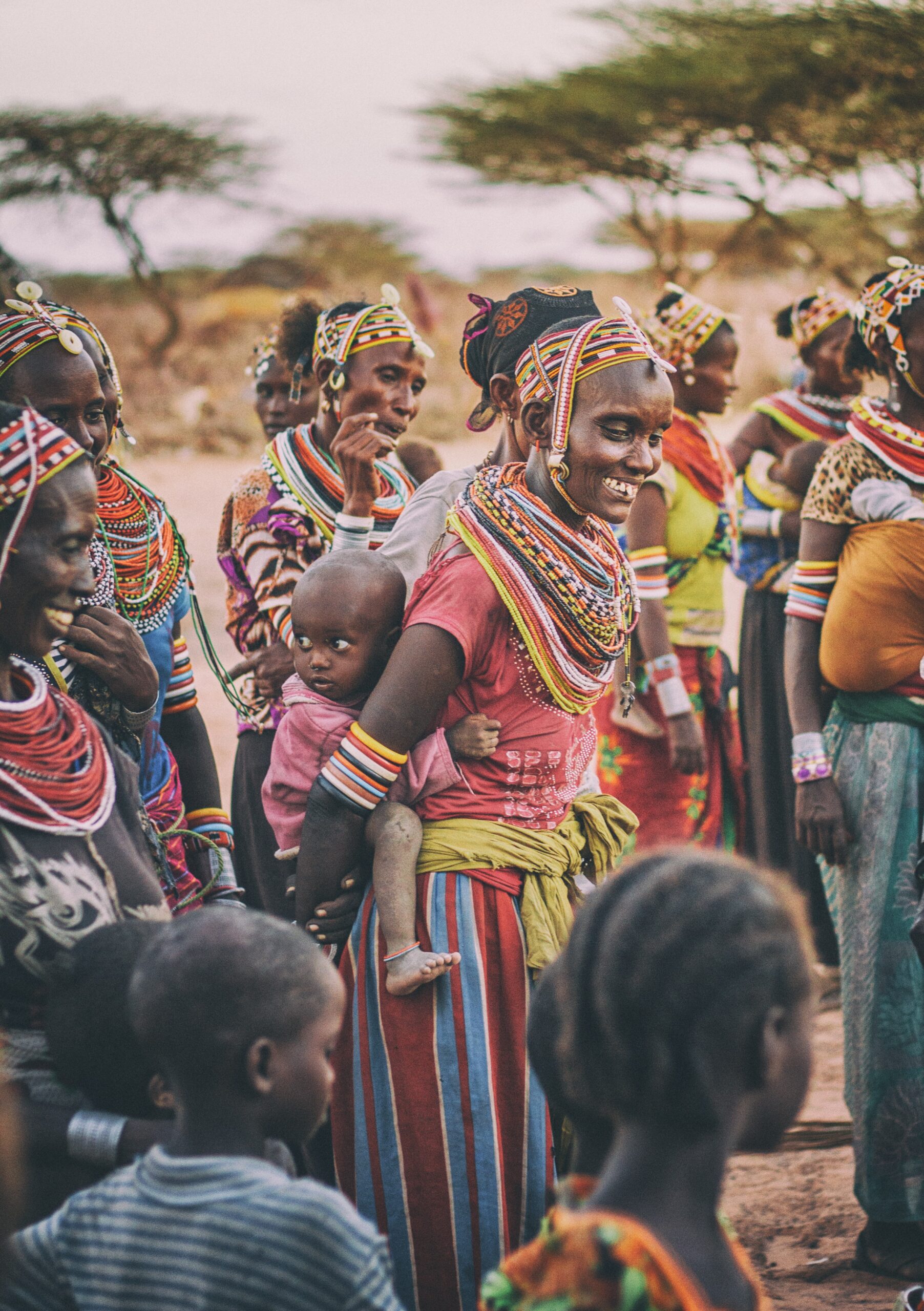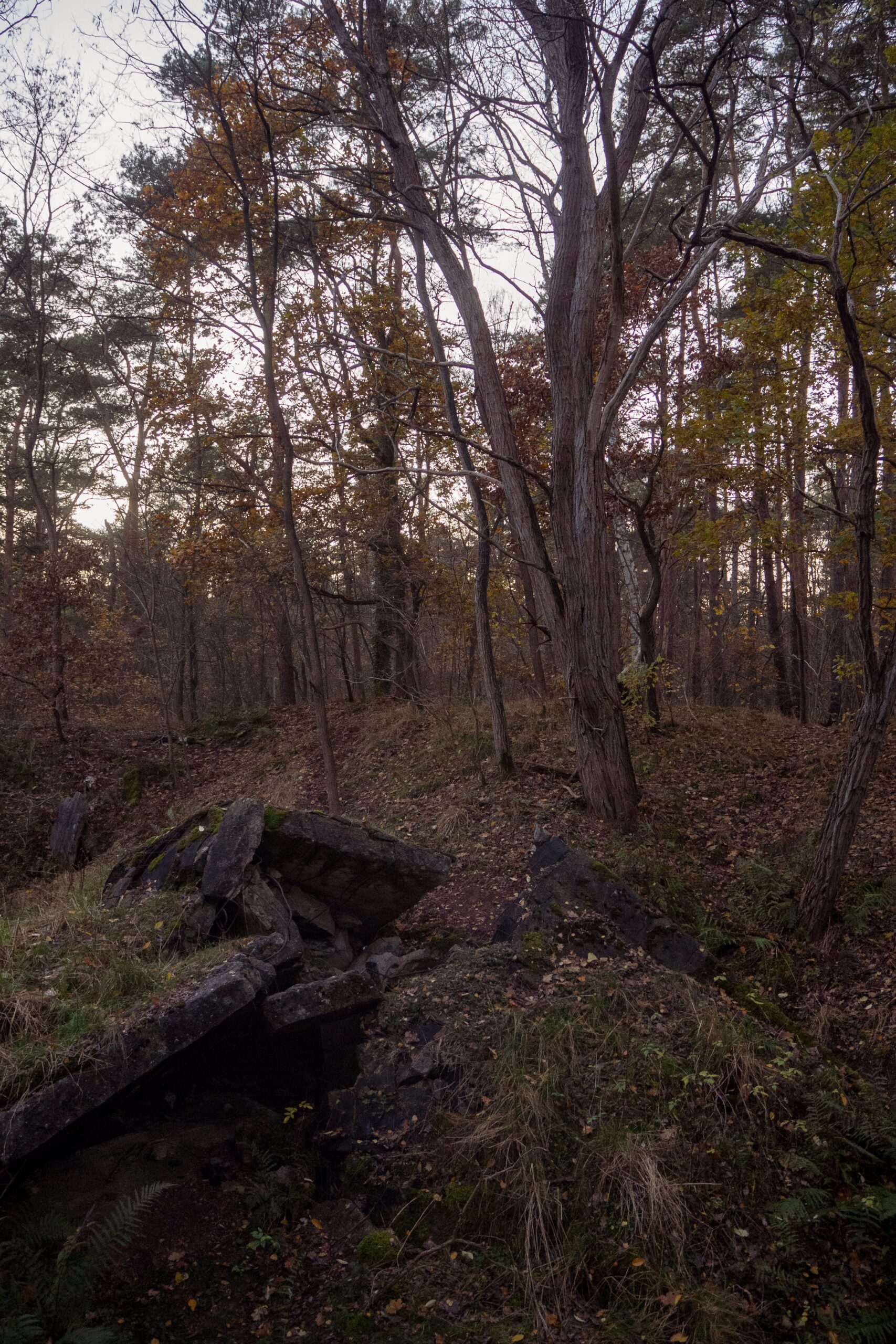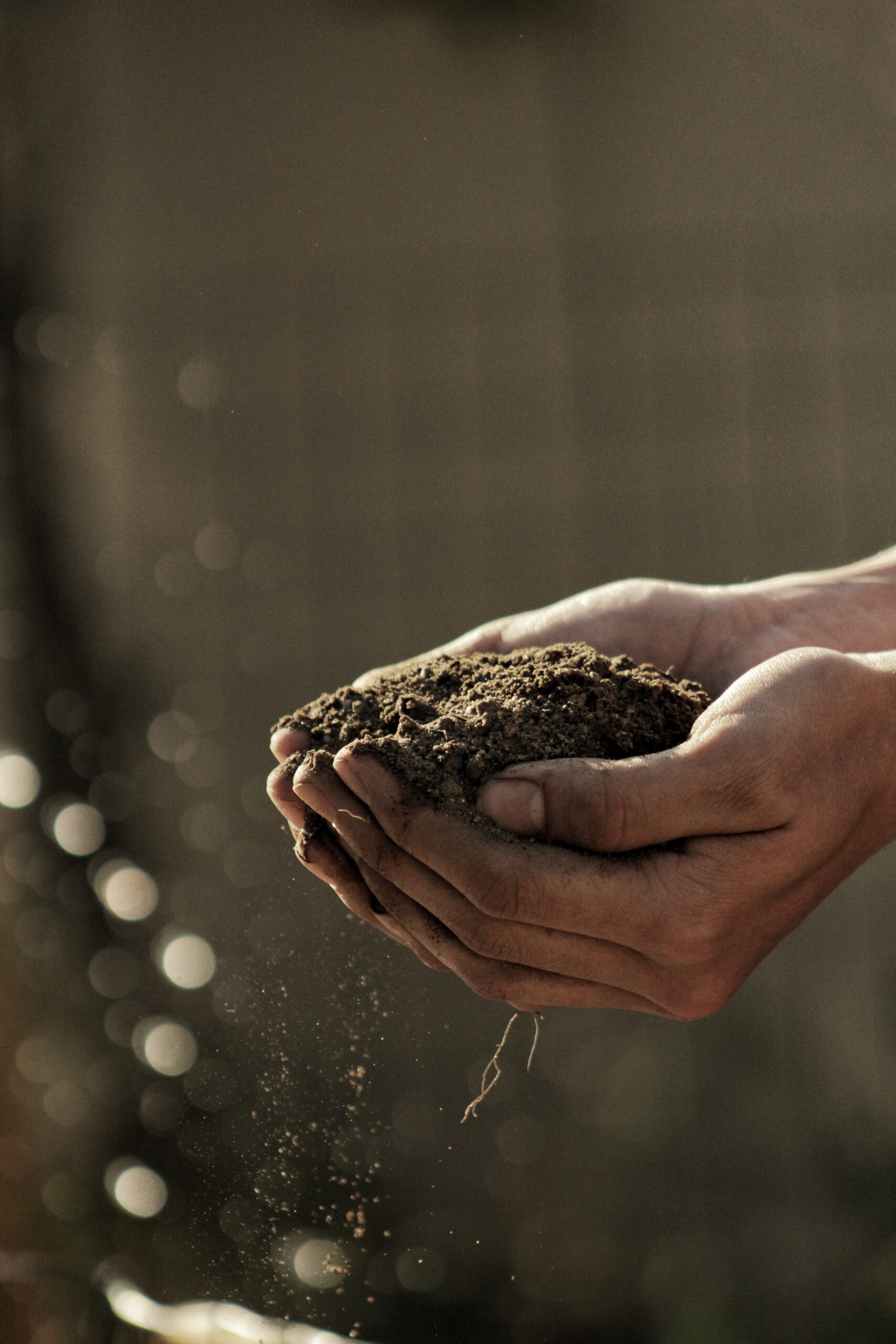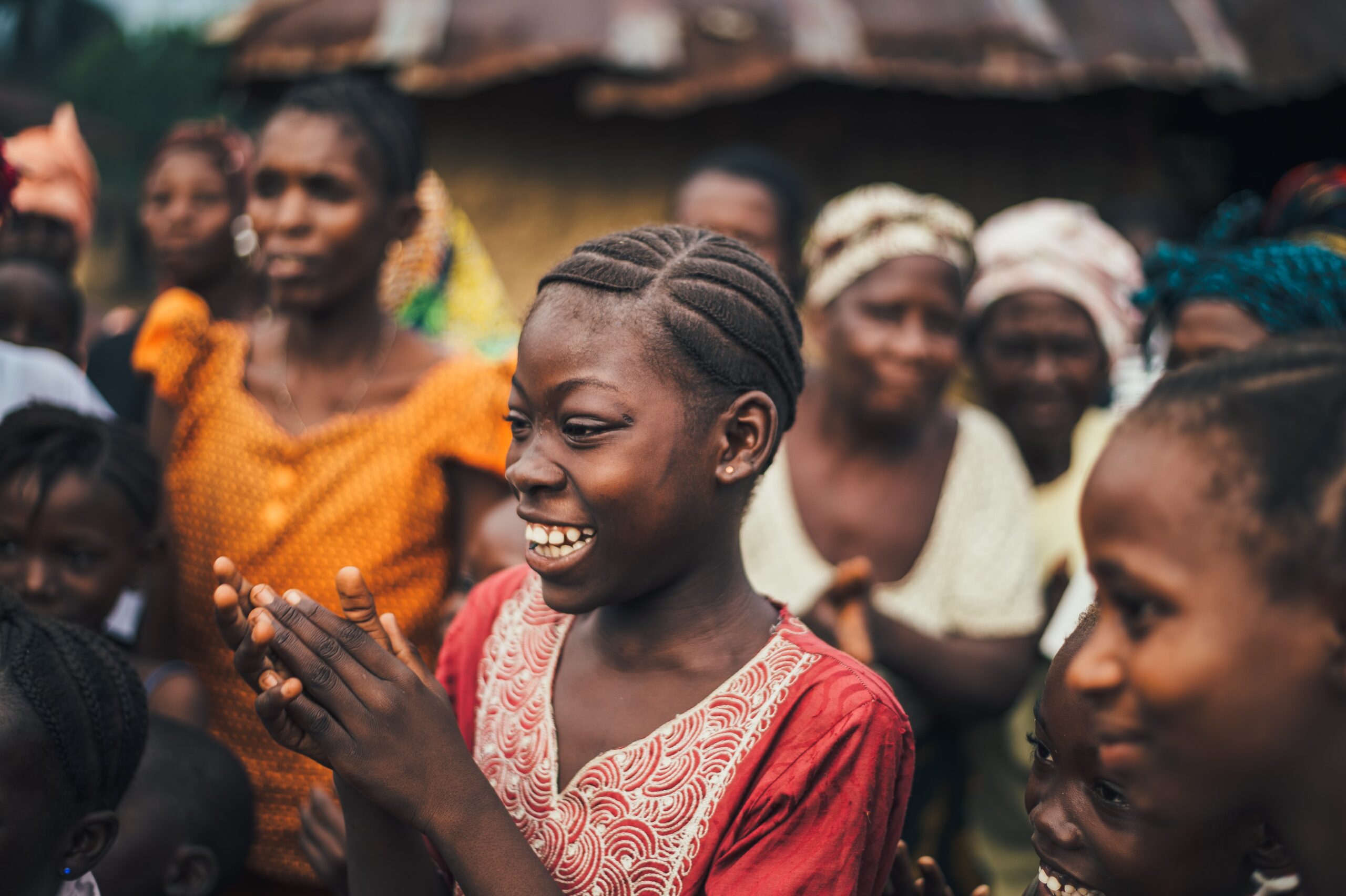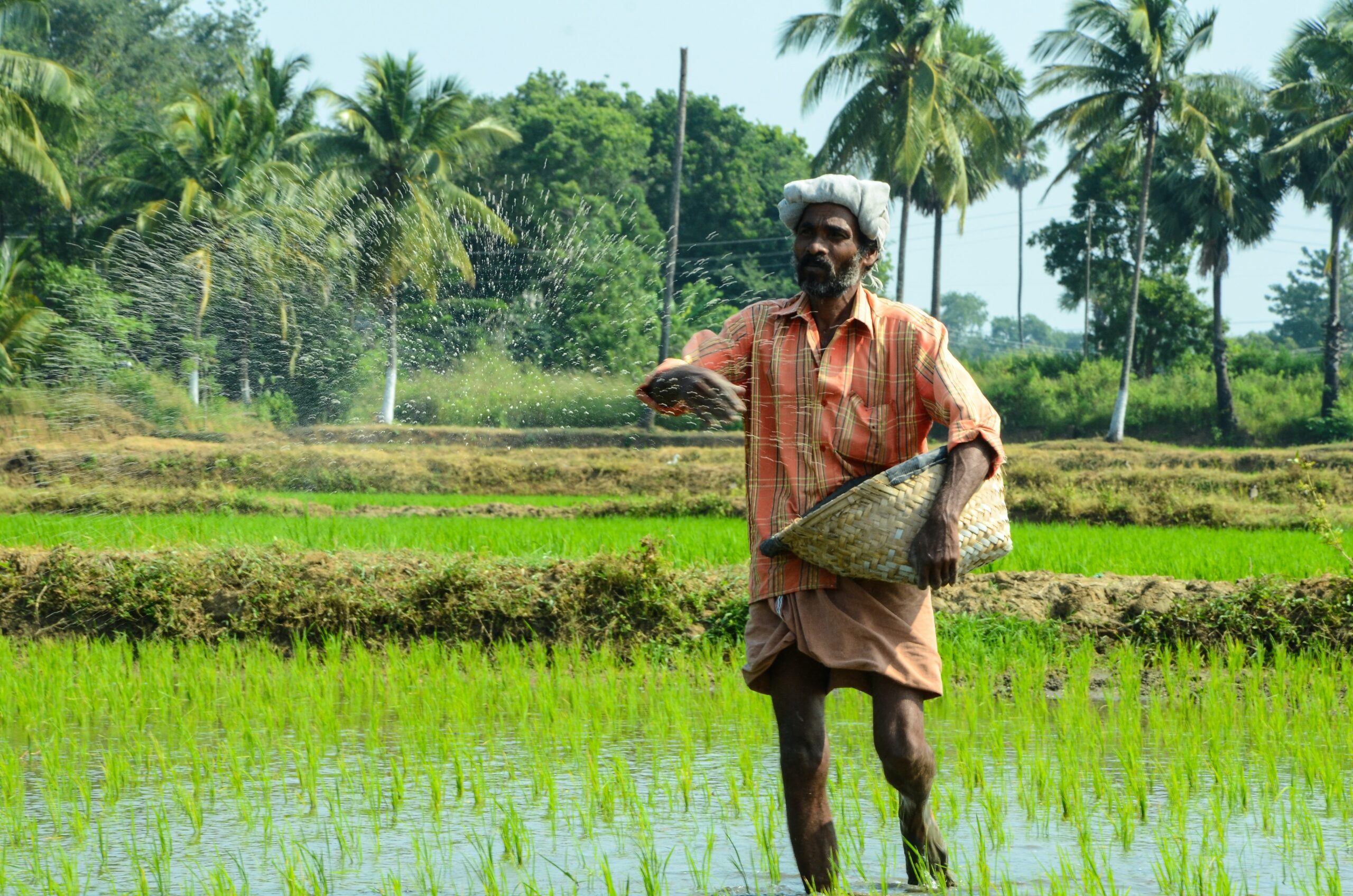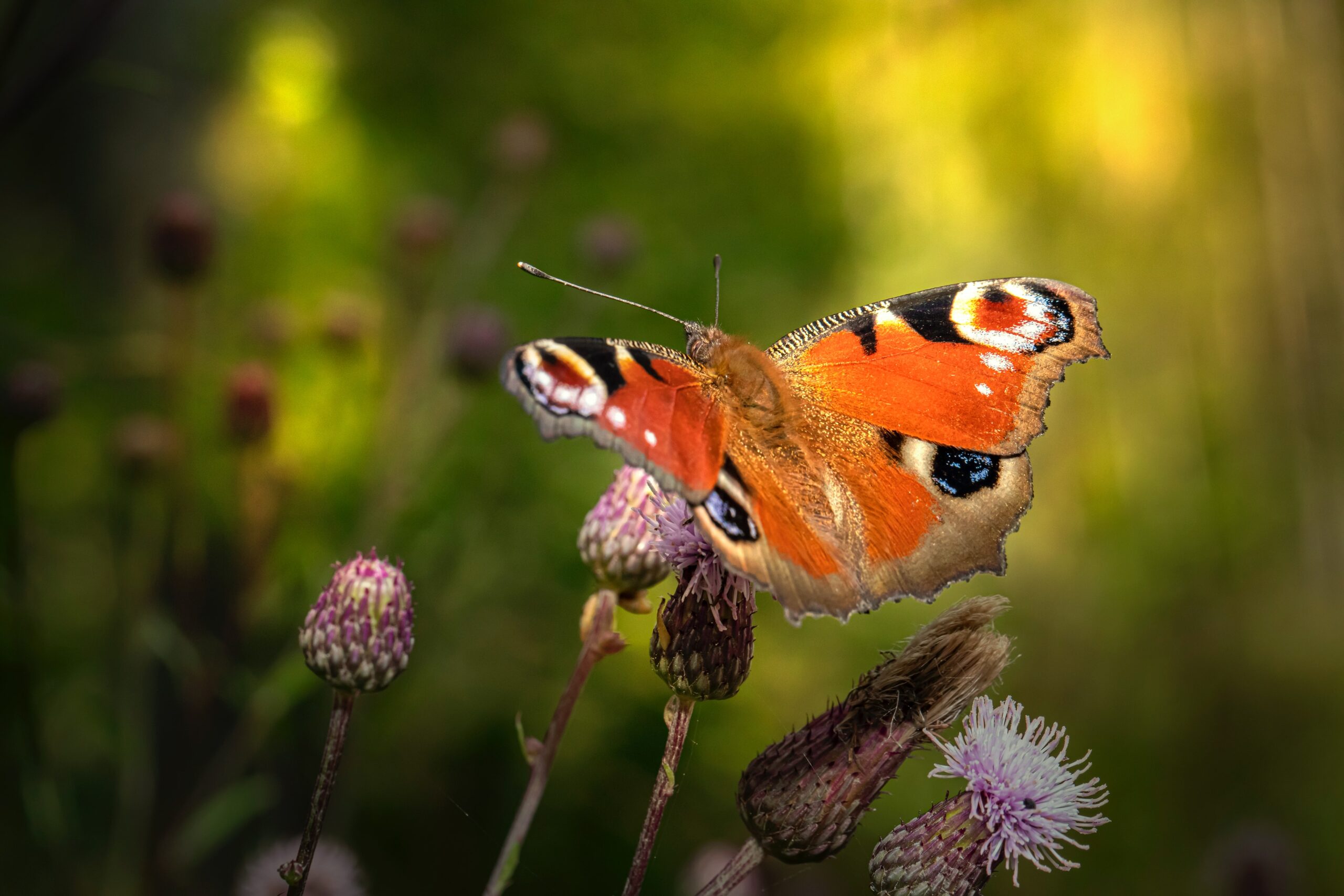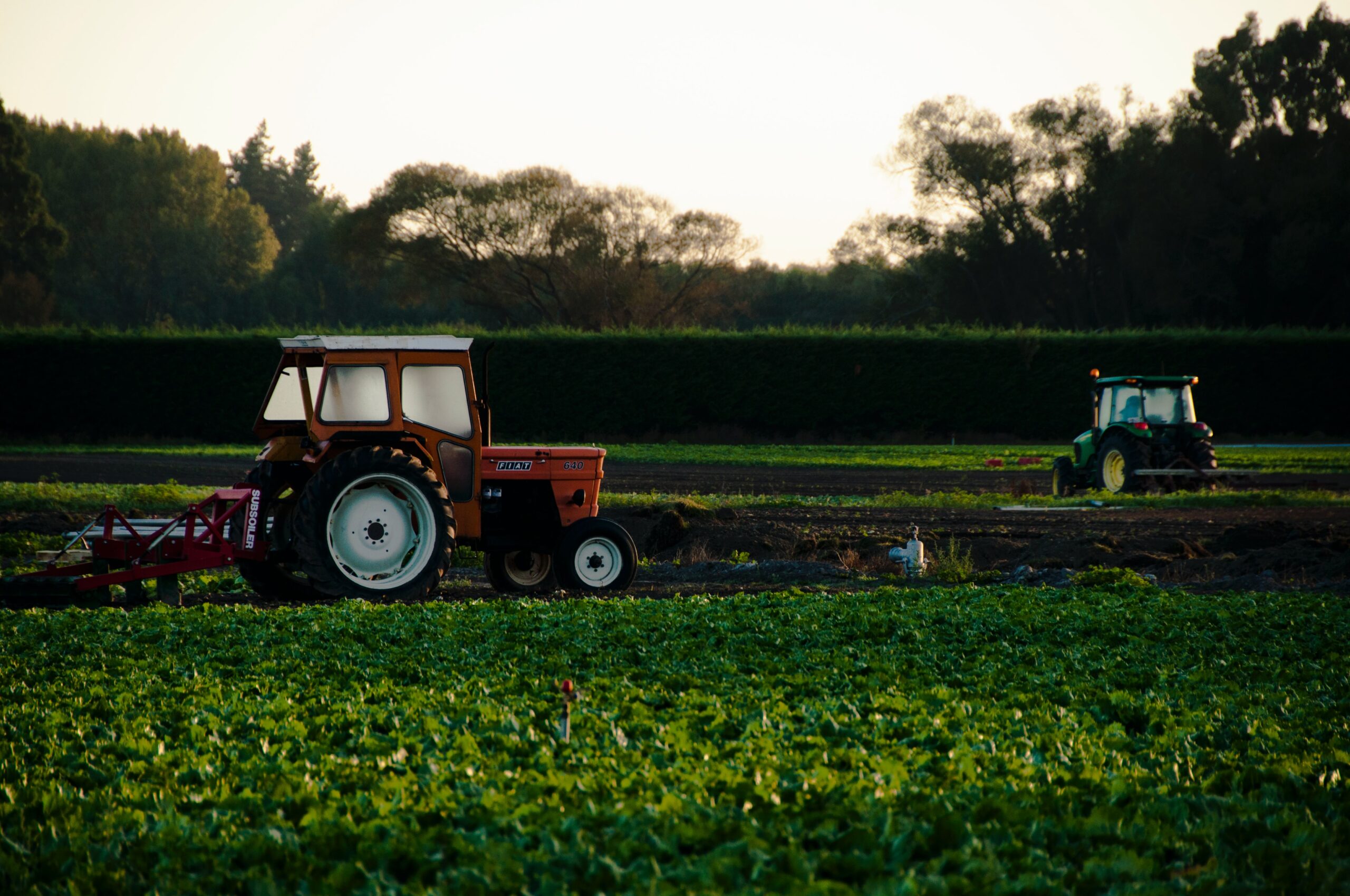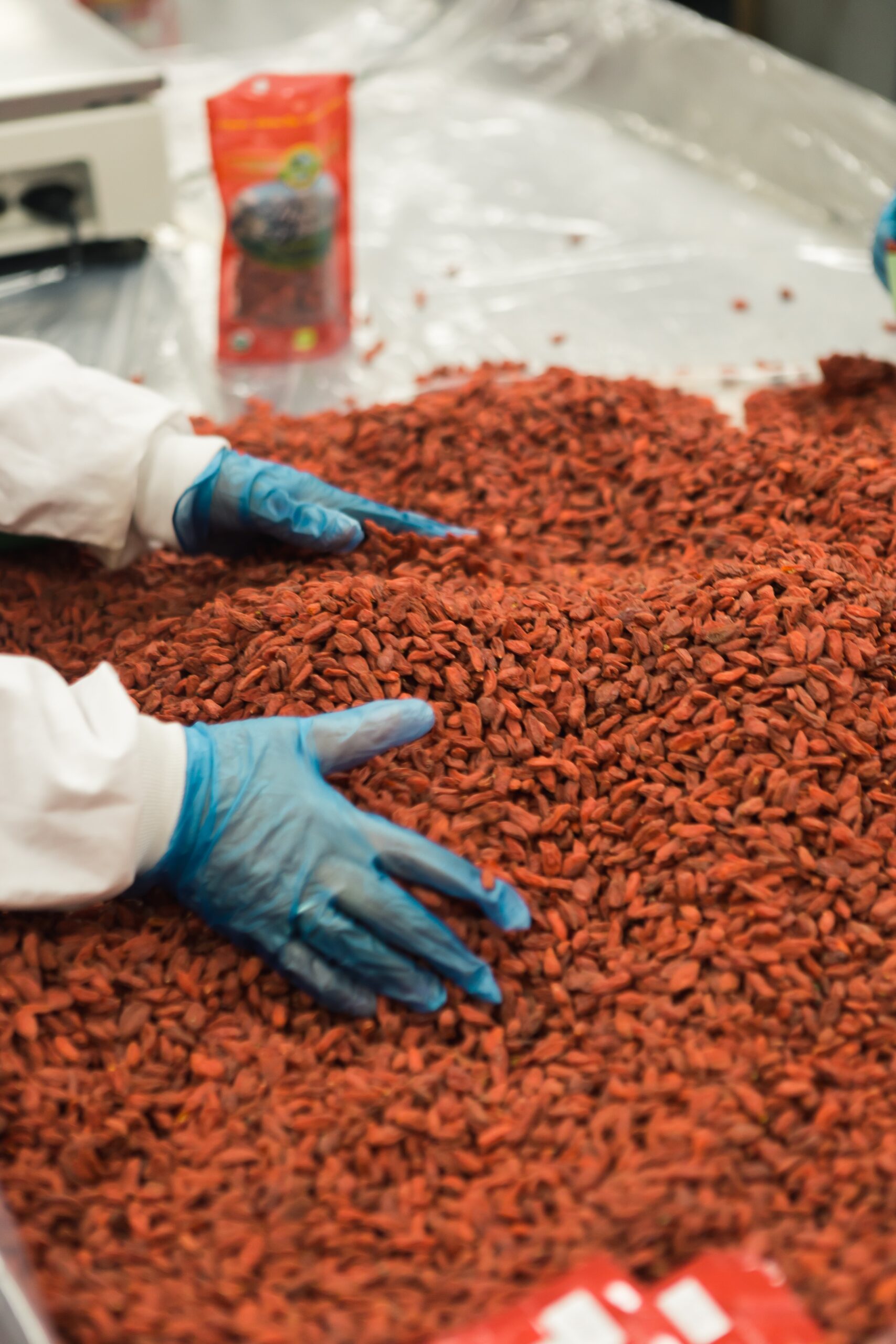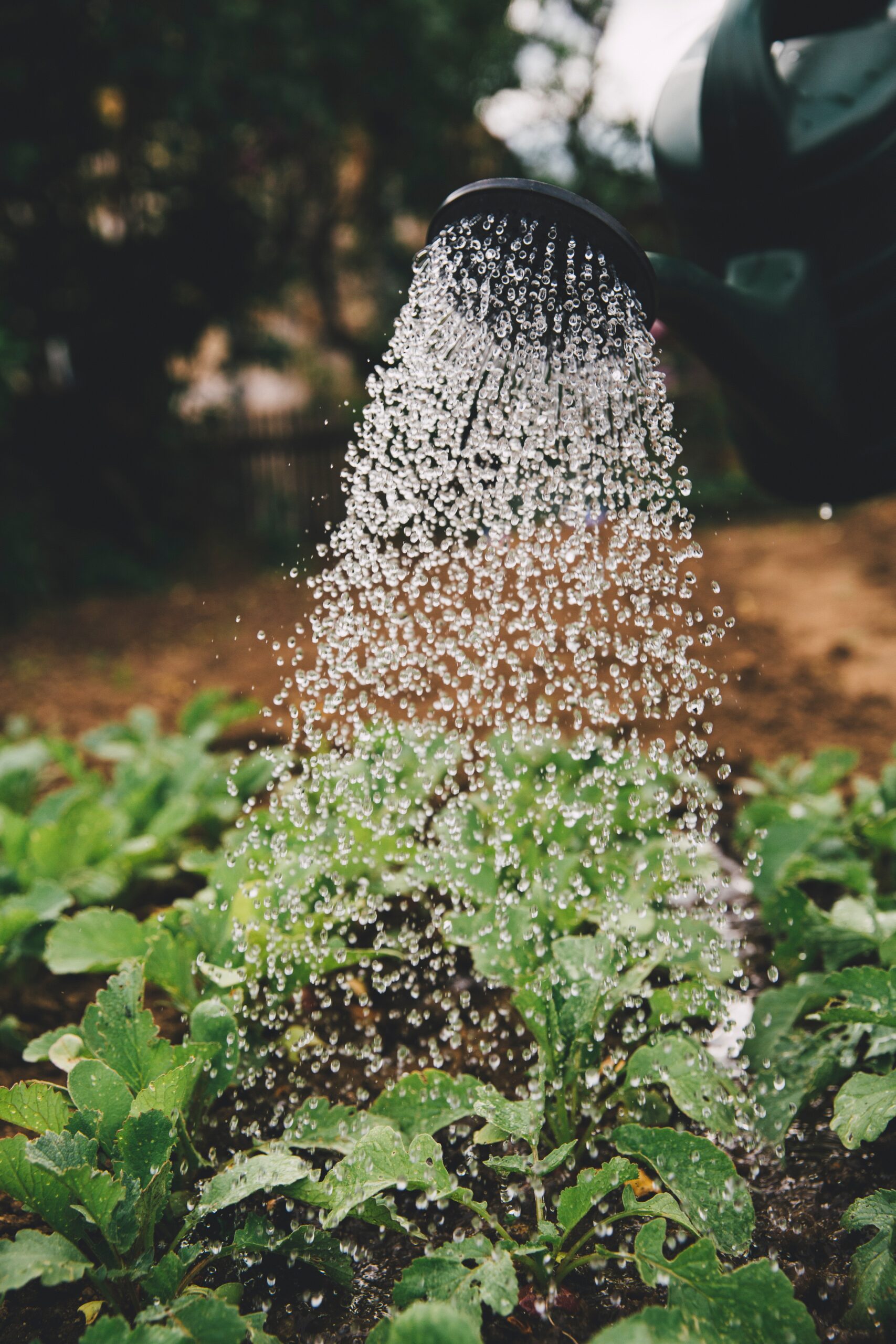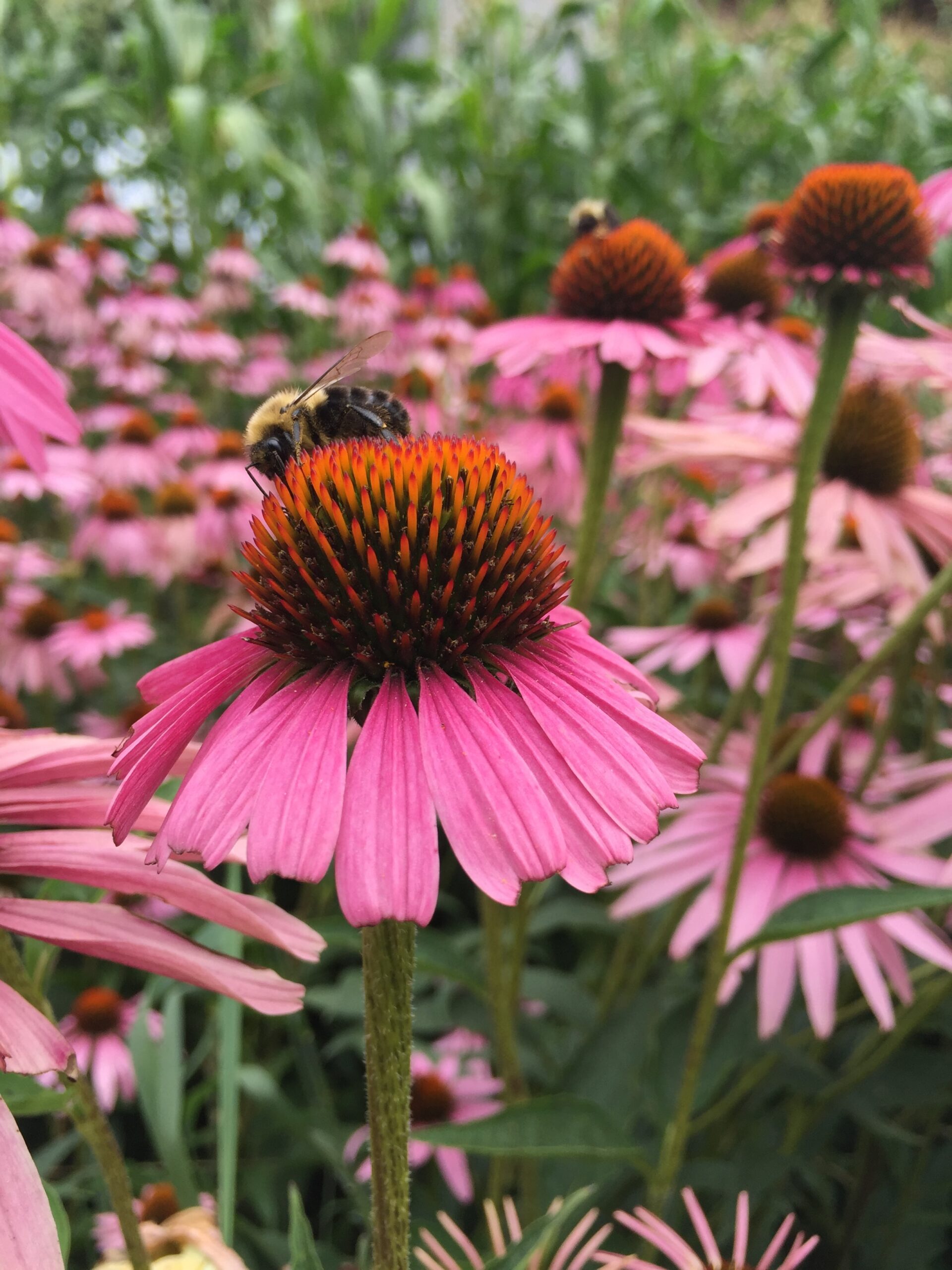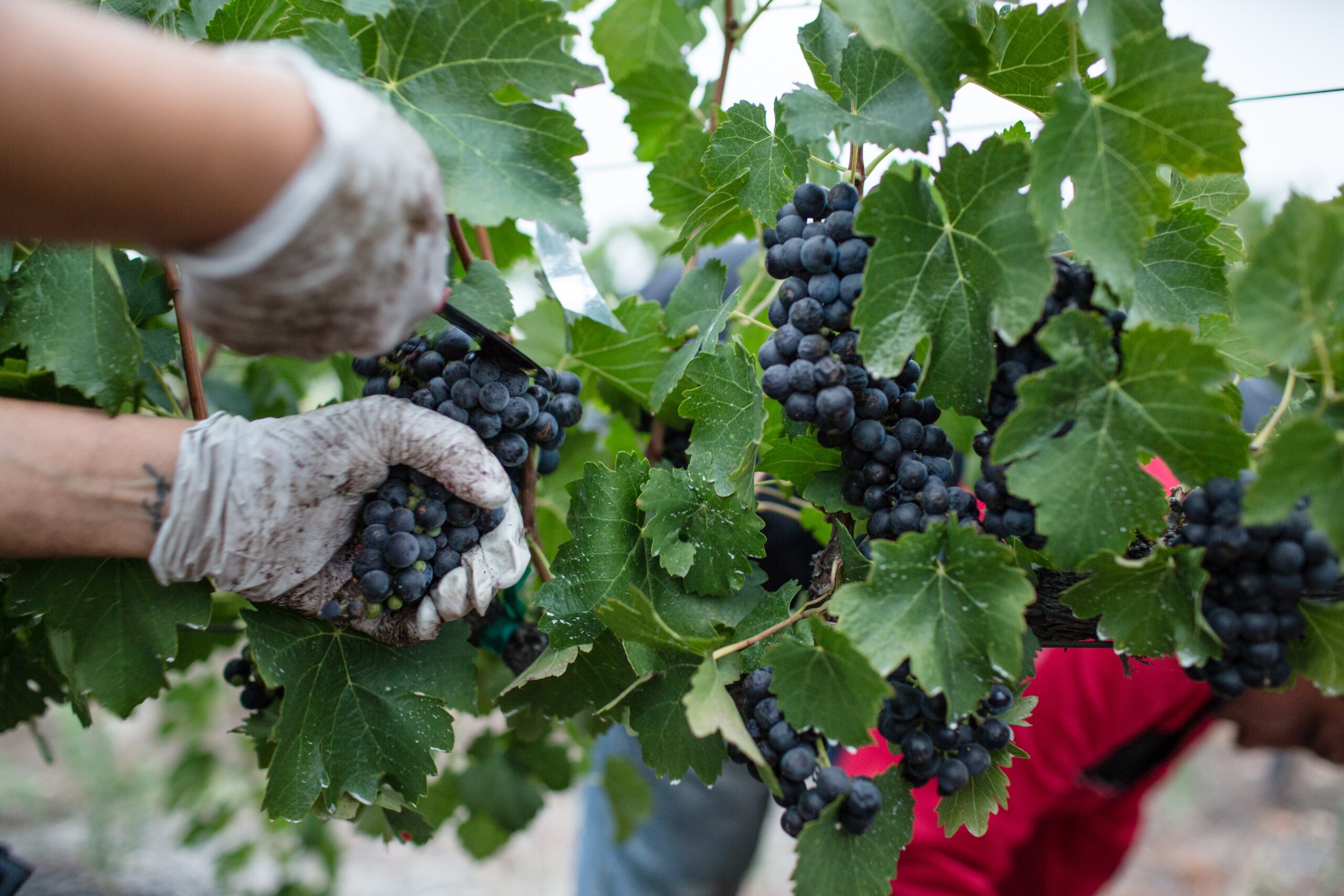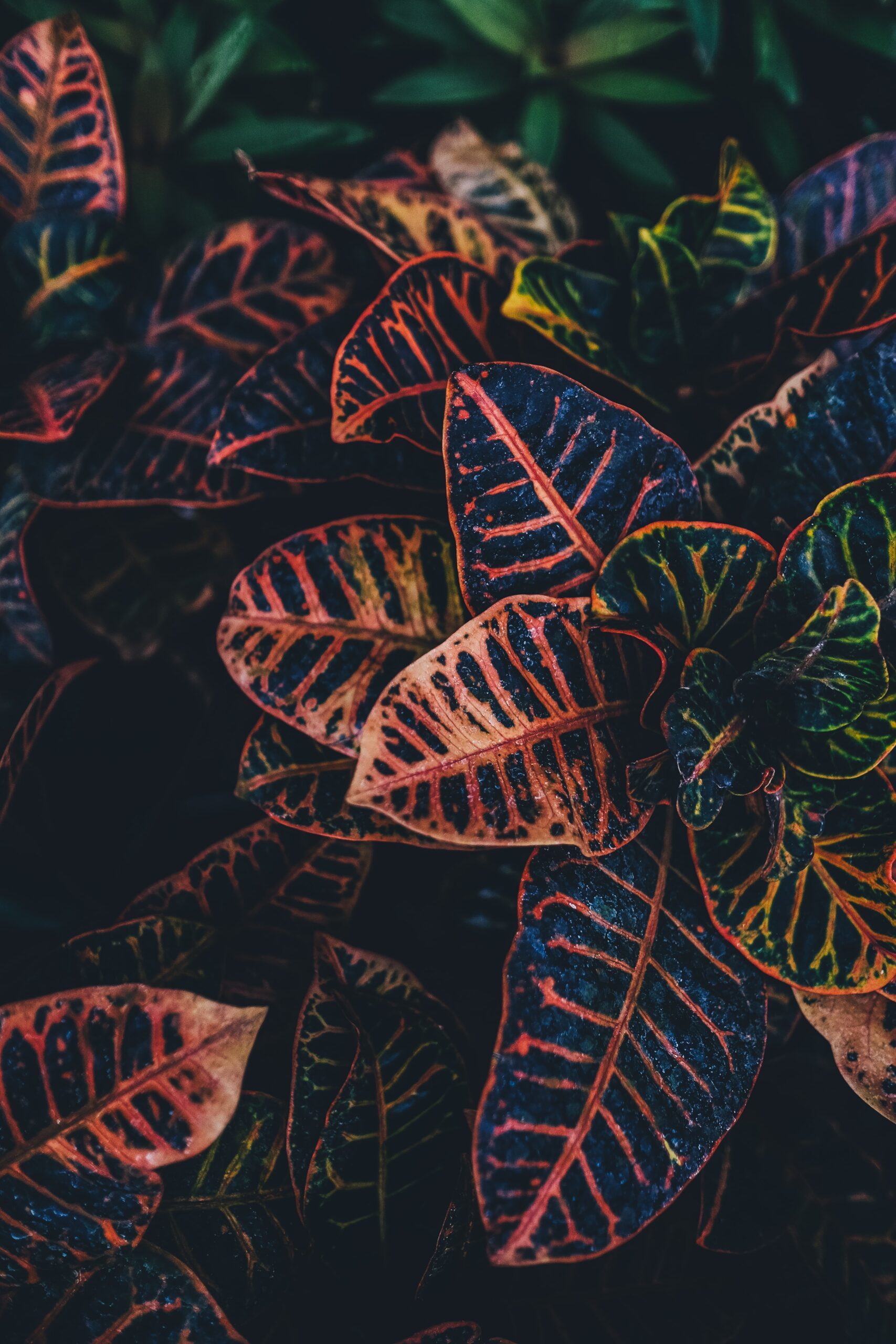Biodiversity loss is progressing despite biodiversity being essential for human survival, prosperity, and well-being. Conservation, restoration, and sustainable use of the habitat, given that its change is the most prominent factor causing the deterioration of biodiversity, represents a highly effective way of securing biodiversity. Therefore, we assessed and monitored habitat quality as a proxy for biodiversity with habitat quantity in Jeju Island, South Korea. We used an InVEST model with data on the habitat type, suitability, sensitivity, accessibility, and threat factors. Natural habitats throughout Jeju had rapidly decreased in area by 24.9% from 1989 to 2019, and this change contributed to the degradation of habitat quality by 15.8%. We provided significant evidence on the critical degradation of habitat for a long period of over 30 years and highlighted the urgent need for policies and behaviors that enhance biodiversity. We proposed appropriate strategies to prompt people to conserve better, restore effectively, and use biodiversity sustainably. We expect that our findings will provide scientific and evidence-based guidance for policy-making on biodiversity enhancement and will further support the achievement of the Sustainable Development Goals and Aichi Biodiversity Targets, in addition to compliance with the New Deal for Nature and People.









































































































































































































































































































































































































































































































































































































































































































































































































































































































































































































